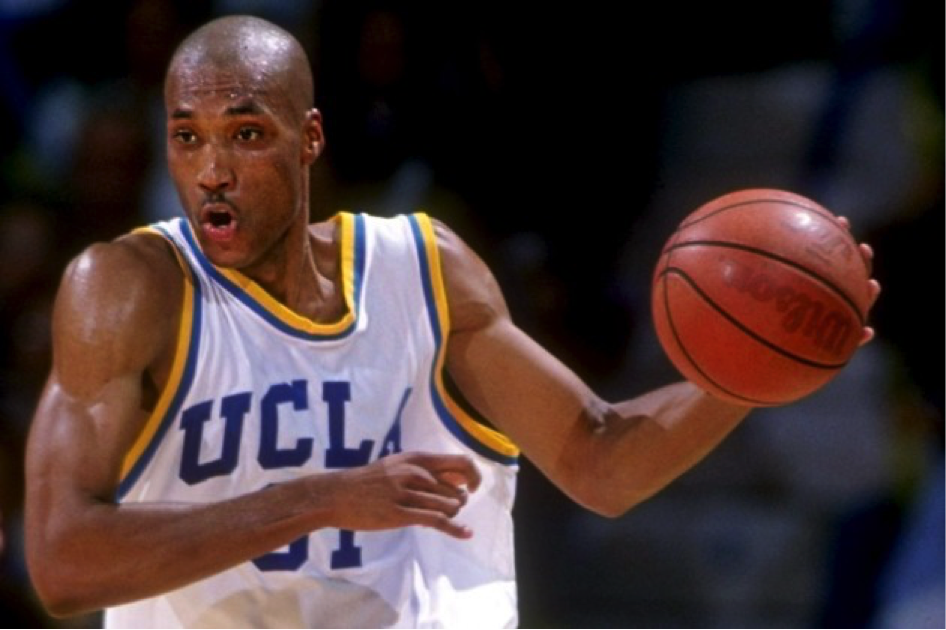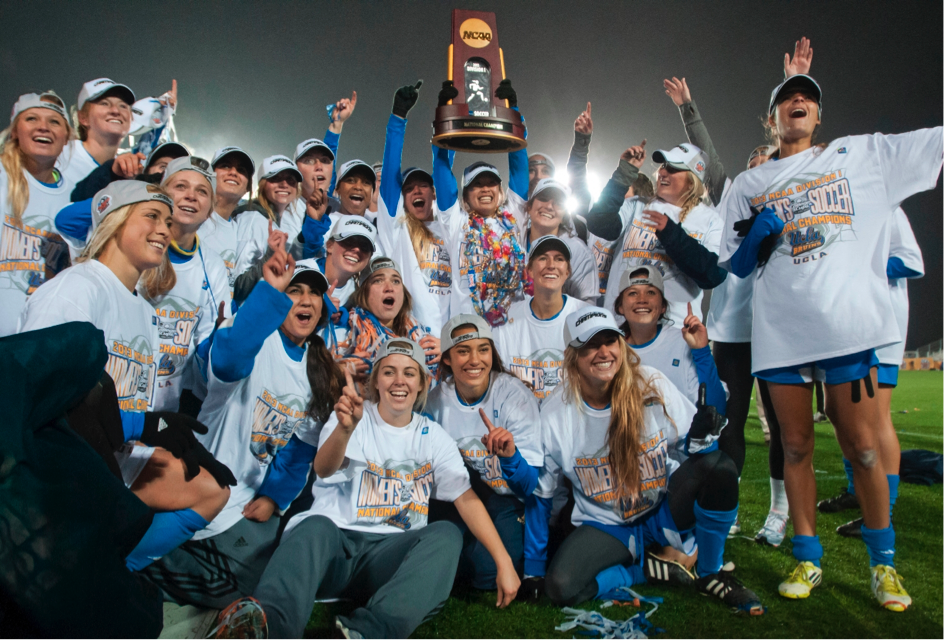@nicdestef[/author_info] [/author]

Whether or not NCAA athletes should be paid is a controversial topic that has become more prominent over the past few years. Despite the time student-athletes dedicate to their sport and the overwhelming amount of money the NCAA accumulates annually, college level athletes are considered “amateur” and therefore do not receive compensation.
However, the NCAA’s economic model regarding student-athletes has been facing recent legal cases that may challenge its standing. The Ed O’Bannon lawsuit, a former basketball player who started on UCLA’s 1995 national championship team, was filed on behalf of Division I men’s football and basketball players, which claims that the NCAA violated the United States antitrust laws by not allowing athletes to get a share of television revenues.

Jeffrey Kessler, a high profile sports labor attorney, filed an antitrust claim against the NCAA and five major conferences. Kessler wants to prevent the NCAA and conferences from limiting the amount of financial aid that can be given to an athlete.
“The main objective is to strike down permanently the restrictions that prevent athletes in Division I basketball and the top tier of college football from being fairly compensated for the billions of dollars in revenues that they help generate,” Kessler told ESPN.
With all this effort to improve male student-athlete’s college experience, one may question: What about female athletes? Does Title IX (a federal law against discrimination or exclusion based on sex) come into play if men’s football and basketball programs receive pay?
It is no secret that on a national scale, women’s sports (both on a college and professional level) seem to be significantly less popular then men’s sports. Even though female students comprise 57% of college student populations, female athletes only receive 43% of participation opportunities at NCAA schools—63,241 fewer participation opportunities than their male counterparts.
However, there are no clear answers regarding Title IX. A looming question remains: would pay-for-play lead to women’s sports and non-revenue men’s sports being cut?
Should pay-for-play be adopted in college athletics, a solution could be to compensate players based on the importance of a sport to a school’s athletic budget — for example, an athlete in a non-revenue sport such as track and field would not get the same pay as a football player at a major program.
While instances like the O’Bannon case focus on football and men’s basketball, the FCAA, the Former College Athlete Association, would represent all former athletes, both male and female.
A prominent mediator involved with the FCAA, Ken Feinberg, believes that there would be Title IX implications.
“The contracts that the NCAA has through conferences for female athletes may not be as lucrative, but it adds up. I think this is for all former college athletes,” Feinberg told CBS Sports.
On the other hand, Kessler said that Title IX has no implications on his lawsuit against the NCAA and five major conferences. Kessler believes that Title IX says nothing about the issue of compensation. He states that Title IX talks about giving equal opportunities to participate in athletics, and that the case he filed will not change either way. He believes that there will be the same opportunities (expect in football and men’s basketball) and that the schools would be free to treat athletes more fairly given the revenue being generated.
“It’s really no different now than the head football coach at Alabama, I’m sure, makes more money in salary than all of the female coaches at Alabama put together. That’s not a Title IX violation,” Kessler told CBS Sports.
The only compensation issue that is addressed by Title IX is scholarships. However, the law requires equal treatment in areas such as promotion. If compensation to players is approved and eventually based on promotion and popularity (a programs football team may get more compensation then their swim team), this may be an issue. Institutions should be obligated to show that they are equally promoting both men’s and women’s sports.
Neena Chaudhry, senior counsel and director of equal opportunities in athletics for the National Women’s Law Center said, “Most schools are not treating athletes equally 40-plus years after Title IX passes, so it’s hard to know exactly how that [paying athletes] would play out because so often the support coming from the school already is so unequal.”
If compensation for NCAA student-athletes is approved, there is no argument that the next controversy will involve Title IX and revolve around unfair pay and gender.

